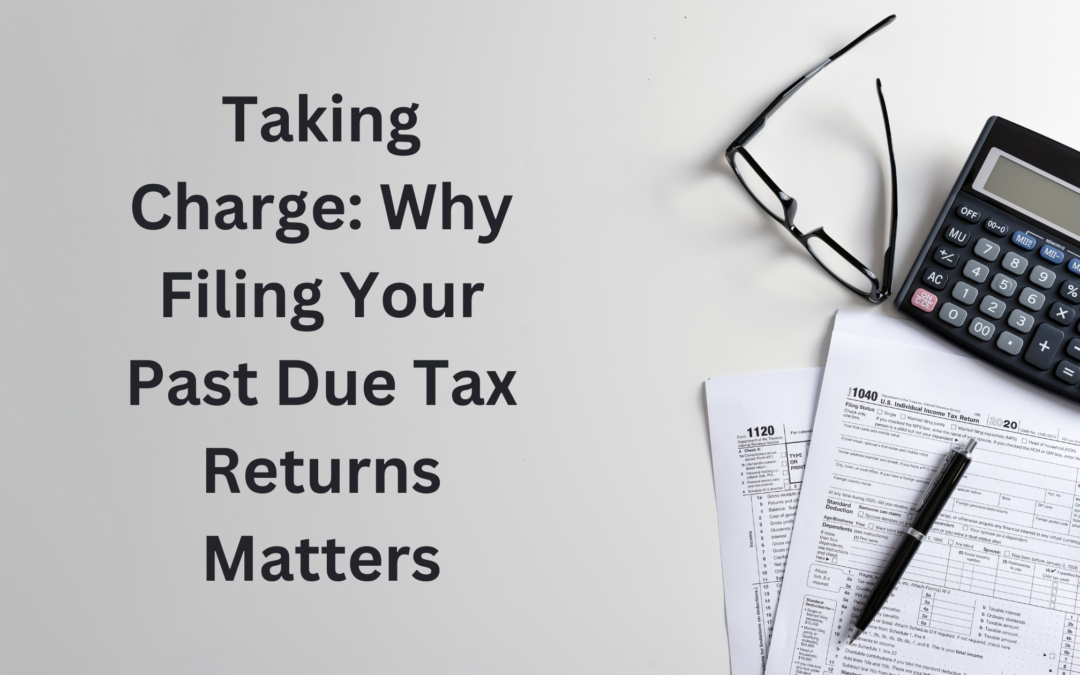As you encounter the world of tax filing, it’s crucial to understand the importance of submitting all your returns, even if you can’t pay your taxes in full right away. Whether you’re filing on time or catching up on past due returns, the process remains the same – file your returns to the appropriate location.
If you’ve received a notice prompting you to file a past due return, be sure to send it to the specified address mentioned in the notice.
Why the Rush to File Past Due Returns?
Avoid Interest and Penalties:
By filing your past due return and paying now, you can minimize interest charges and late payment penalties.
Claim Your Refund:
Don’t miss out on potential refunds. Failing to file means risking losing your refund, including credits like the Earned Income Credit. Refunds must be claimed within three years of the return due date.
Protect Your Social Security Benefits:
Filing your federal income tax return is essential for self-employed individuals. Without it, your self-employment income won’t be reported to the Social Security Administration, affecting your eligibility for retirement or disability benefits.
Smooth Loan Approvals:
Ensure timely loan approvals by submitting your filed tax returns to financial institutions or lenders. These documents are necessary for various financial transactions, from home purchases to business loans.
What If You Can’t Pay?
Request Additional Time:
If you can’t pay what you owe, you have options. Request an additional 60-120 days to pay through the Online Payment Agreement application or by phone, without incurring a user fee.
Consider Payment Plans:
You can also explore installment agreements or offer compromise options if you need more time to pay.
Consequences of Not Filing:
Substitute Return:
Failure to file may result in the IRS filing a substitute return on your behalf, potentially missing out on deductions and exemptions you’re entitled to.
Collection Actions:
Unpaid tax bills can trigger collection actions such as wage or bank account levies or the filing of a federal tax lien.
Need Help Filing?
Reach Out for Assistance:
For filing assistance, contact the IRS helpline. If you need wage and income information, complete Form 4506-T or reach out to your employer or income payer.
Explore Free Tax Preparation Programs:
Eligible individuals can access assistance through programs like Volunteer Income Tax Assistance (VITA) or Tax Counseling for the Elderly (TCE).
Already Filed? What’s Next?
Stay Patient:
It typically takes about six weeks for the IRS to process accurately completed past due tax returns.
By understanding the importance of filing past due returns and knowing your options, you can navigate the tax filing process with confidence.
Filing Past Due Tax Returns | Internal Revenue Service (irs.gov)
